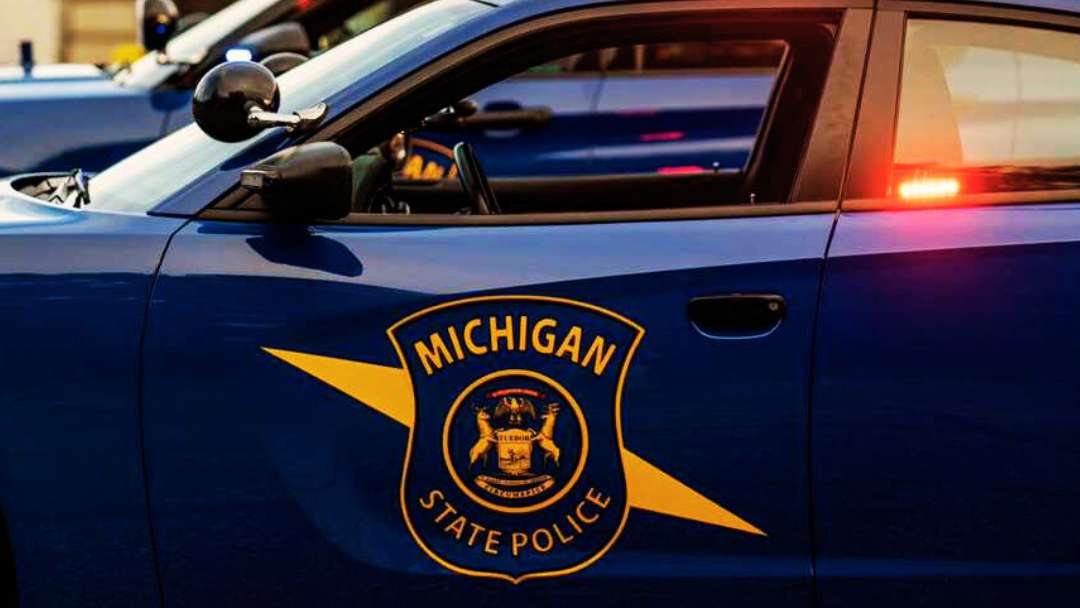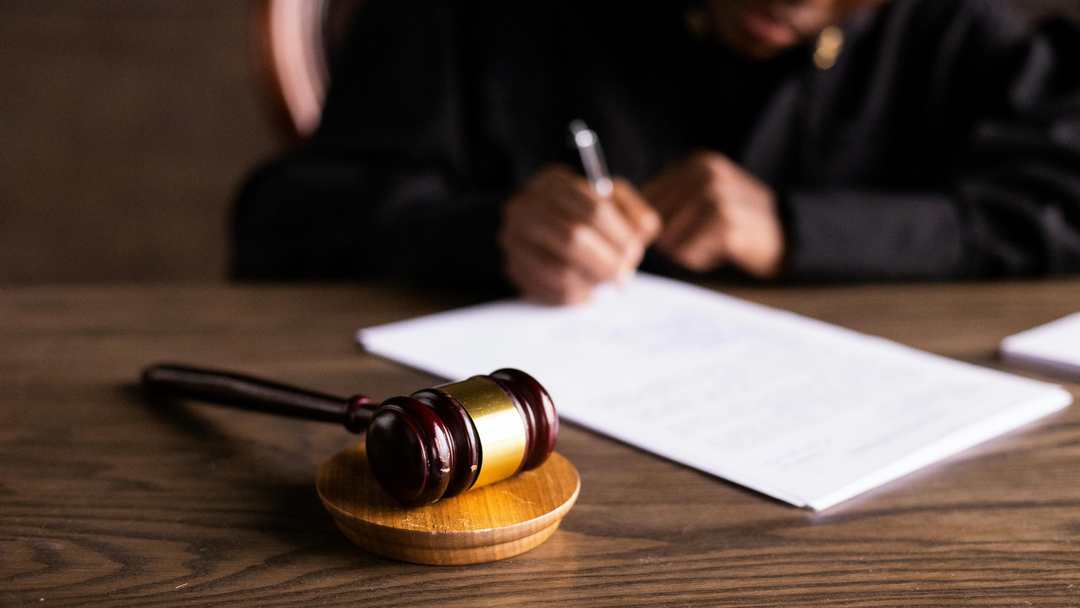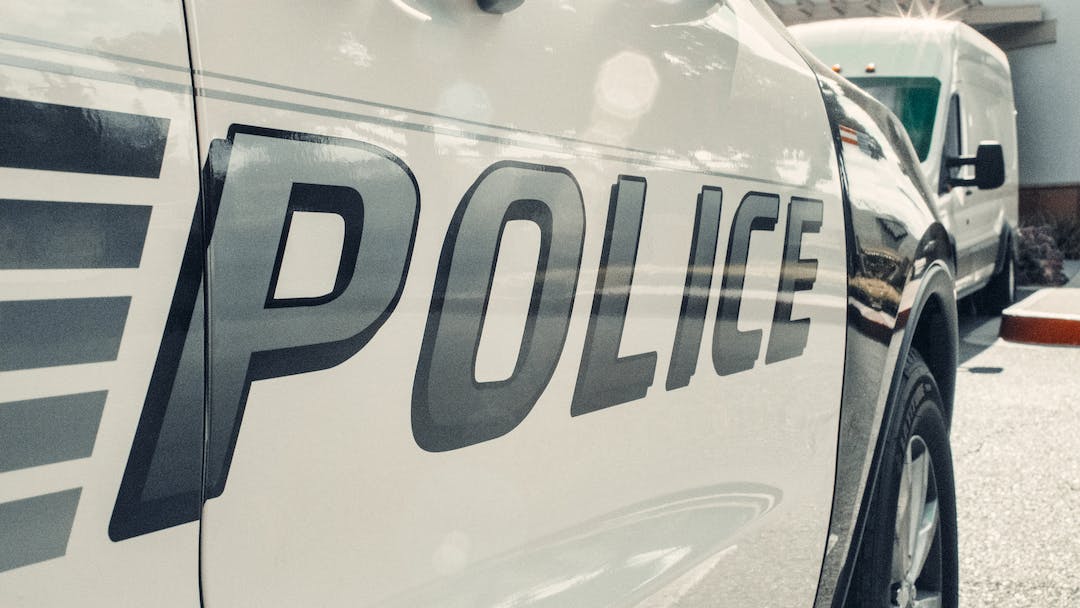Michigan Rules of Evidence: A Guide to Rules 201-202
Understanding the Michigan Rules of Evidence is crucial for anyone involved in legal proceedings within the state.
This article focuses on two key rules: 201** (Judicial Notice of Adjudicative Facts)** and 202** (Judicial Notice of Law)**, providing a concise and informative overview of their purpose, scope, and application.
Rule 201: Judicial Notice of Adjudicative Facts
This rule empowers the court to take certain facts, known as “adjudicative facts,” as true without requiring formal proof during a trial.
These facts must be:
- Not subject to reasonable dispute: They are either universally accepted within the court’s jurisdiction or readily verifiable from reliable sources.
- Examples: Commonly-known geographic features, population statistics, or widely-accepted scientific principles.
The court can take notice of these facts either:
- On its own initiative: In situations where the fact is readily apparent and critical to the case.
- At the request of a party: If the party provides sufficient information and allows opposing parties time to prepare.
Rule 201: Judicial Notice of Adjudicative Facts
This rule empowers the court to take certain facts, known as “adjudicative facts,” as true without requiring formal proof during a trial.
These facts must be:
- Not subject to reasonable dispute: They are either universally accepted within the court’s jurisdiction or readily verifiable from reliable sources.
- Examples: Commonly-known geographic features, population statistics, or widely-accepted scientific principles.
Have your rights been violated?
Have your driving priviledges been revoked?
Has your professional license been suspended?
Have you been charged with a crime?
Call our office to see if we can help
Komorn Law 248-357-2550
Rule 202: Judicial Notice of Law
Similar to Rule 201, this rule allows the court to acknowledge certain legal matters without requiring formal presentation of evidence. These matters include:
Law in force: This encompasses the common law, constitutions, and public statutes of all jurisdictions within the United States.
Private acts and resolutions: These are specific legislative documents passed by Congress or the Michigan Legislature.
Local ordinances and regulations: These are rules established by governmental subdivisions or agencies within Michigan.
Foreign laws: The court can take notice of foreign laws upon proper presentation of evidence.
The court may take notice of these legal matters either:
On its own initiative: In situations where the law is readily apparent and relevant to the case.
At the request of a party: If the party provides sufficient information and allows opposing parties time to prepare.
Key Differences between Rules 201 and 202:
Type of knowledge: Rule 201 deals with factual matters, while Rule 202 deals with legal matters.
Scope: Rule 201 applies to facts within the court’s jurisdiction, while Rule 202 has a broader scope covering national, state, local, and even foreign laws.
Onus of proof: For Rule 201, the burden of proof lies with the party requesting judicial notice to provide the necessary information. For Rule 202, the court may take notice on its own initiative, but parties can still object or challenge the accuracy of the legal matter.
Important:
This article provides a simplified overview of the Michigan Rules of Evidence for informational purposes only. It should not be interpreted as legal advice. When facing legal matters, always consult with a qualified attorney for professional guidance.
The Michigan Rules of Evidence are subject to change over time. Always consult the latest official version for accurate information.
Here is the link to the Michigan Rules of Evidence Handbook. Check the footer for the latest update.
Related Articles
No Results Found
The page you requested could not be found. Try refining your search, or use the navigation above to locate the post.
More Posts

The MSP and Your Privacy (Criminal History)
Is the Michigan State Police really concerned about your criminal history privacy?Here's what they say on their websiteThe Michigan State Police (MSP) is committed to protecting the privacy of your potentially personally identifiable data (PPID) in a strong and...

The 6th Amendment – Do You Know What It Is?
The 6th Amendment: is it still a thing?The 6th Amendment to the United States Constitution is a crucial pillar of the Bill of Rights, designed to ensure fair and just legal proceedings for individuals accused of crimes. Ratified on December 15, 1791, this amendment...

The US Supreme Court and Federal Gun Law Cases
The US Supreme Court and Federal Gun Law CasesChallenges to Federal Gun Laws the right of the people to keep and bear Arms, shall not be infringed Updated July 8, 2024 Ratified in 1791, the Second Amendment provides, “A well regulated Militia, being necessary to the...

Do Passengers in a Vehicle have 4th Amendment Rights?
Do Passengers have 4th Amendment Rights?Michigan Supreme Court Limits Police Ability to Search Passenger Property in CarsBackground Mead was a passenger in a car and had just met the driver, who offered him a ride. When the police stopped the vehicle and ordered both...

Do Students Have 4th Amendment Rights in Schools
Students and 4th Amendment RightsStudents are entitled to a right to be safe from unreasonable searches and seizures even within school premises, as ruled by the Supreme Court of the United States. However, these rights are somewhat limited for students, allowing...

Forfeiture Law: SCOTUS and Sixth Circuit Issue Landmark Rulings
Forfeiture Law in Focus: SCOTUS and Sixth Circuit Issue Landmark RulingsThe landscape of forfeiture law has been significantly shaped by recent decisions from the U.S. Supreme Court and the Sixth Circuit Court of Appeals. These rulings, in the cases of United States v...

Facial Recognition and Wrongful Arrests
Facial RecognitionHow Technology Can Lead to Mistaken-Identity Arrests Facial recognition technology has become increasingly prevalent in law enforcement, but its use raises critical questions about civil liberties and accuracy. One landmark case sheds light on the...

People v. Chandler Case: Protecting Fourth Amendment Rights
Court of Appeals of Michigan PEOPLE of the State of Michigan, Plaintiff-Appellee, v. Javarian CHANDLER, Defendant-Appellant. No. 368736 Decided: June 27, 2024Before: Borrello, P.J., and Swartzle and Young, JJ. Introduction In the People v. Chandler case, the Michigan...

MI Lawyer Weekly – Michigan’s Go To Lawyers for Cannabis Law
Please join us in congratulating our inaugural Michigan’s Go To Lawyer for cannabis law. Michael Komorn, Komorn Law, Farmington HillsMichigan Lawyers Weekly is pleased to announce the inaugural “Go To Lawyers” for cannabis law. Now in its fifth year, the “Go To...

Chinese-funded marijuana farms springing up across the U.S.
Inside the Chinese-funded and staffed marijuana farms springing up across the U.S.During a farm inspection, New Mexico state special agents discovered an excessive number of cannabis plants in violation of state laws. Subsequent visits revealed dozens of underfed and...











